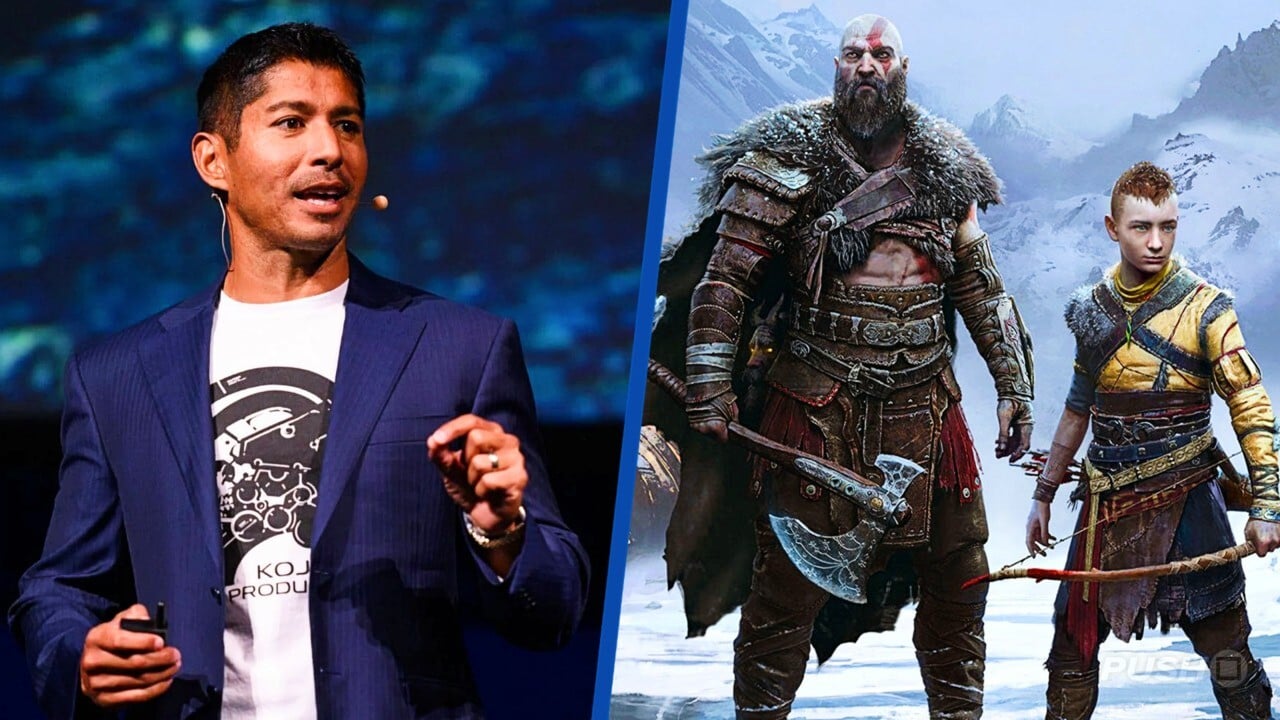Sony has just held a business strategy meeting to outline its plans for the company’s future, but it’s a separate interview with PlayStation Productions boss Asad Qizilbash that caught our attention. You may remember Qizilbash from a few PlayStation events that took place a few years ago: a clearly charismatic speaker who has since led the company’s development into film and TV.
In the interview, Qizilbash is asked what he thinks the future looks like for PlayStation and gaming in general – and his thoughts are actually quite eye-opening. He’s quick to say, “As for the future of gaming, I see games becoming more personal thanks to advances in technology and AI, enabling customized experiences for each player.”
Essentially, Qizilbash thinks video games will become increasingly about engaging people emotionally, through improvements in storytelling and design that tries to speak directly to the player.
“Technological advances will increase the emotional depth in games by allowing characters to be much more emotional and expressive, promoting more evocative storytelling. That will help a whole generation of creators to create so much more emotion in the stories,” he predicts. .
He continues: “The focus will shift from graphics or visuals to compelling stories that will resonate long after the controller has been put down.” Interesting.
Qizilbash also believes that we are a step further when it comes to adapting games to his field, both in films and on TV: “I truly believe that some of the most imaginative worlds and creative stories come from video games. a big change where all the major makers are really starting to focus on video games, as many of them grew up playing games themselves.”
We suppose it’s hard to argue with that perspective when shows like The last of us have been such a great success. But how does all this ultimately tie into the gaming side of things?
It sounds like Qizilbash thinks the two mediums are already intertwined, and that separating them will only become more difficult: “I believe technology will democratize storytelling, making it more accessible and cheaper for creators, and Sony is uniquely positioned to facilitate that. With video games being so reliable, there is an opportunity to reuse assets from games for animation and live-action films, taking advantage of Sony’s volumetric and virtual production capabilities.”
He explains: “Gaming engines like Unreal are expanding beyond games and being used for virtual production, allowing creators to focus on storytelling rather than logistical constraints.”
